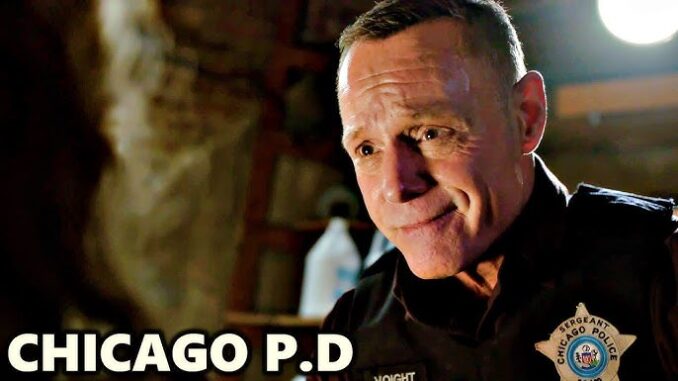
In the gripping world of Chicago P.D., the character dynamics and intricate storylines often leave viewers on the edge of their seats.
Sergeant Voight is known for his tough, no-nonsense approach to policing. As the leader of the Intelligence Unit, he is dedicated to tackling crime in Chicago, often employing unconventional methods that blur the lines of ethics and legality. Voight’s character is complex; he’s not just a cop but a man grappling with his past and the moral dilemmas that come with his job. His determination to protect his team and achieve justice often puts him at odds with the rules he is sworn to uphold.
Detective Chapman joins the Intelligence Unit, bringing fresh perspectives and a fierce determination to make her mark in a male-dominated environment. Initially, she appears to be a perfect fit for Voight’s team, displaying both grit and intelligence. However, the dynamics shift when Chapman’s ambitious nature leads her to clash with Voight’s authoritarian style. She challenges his methods and seeks to implement changes that would modernize their approach to policing. This conflict lays the groundwork for a complicated relationship fraught with tension.

As their professional relationship develops, Voight begins to see potential in Chapman, viewing her as a valuable asset to the team. However, his protective instincts often lead him to make decisions that can be perceived as patronizing. When a high-stakes case unfolds, Voight and Chapman are forced to work closely together, navigating the murky waters of loyalty and trust. Their shared commitment to justice sometimes creates moments of camaraderie, but the underlying tension remains, culminating in significant confrontations.
One such pivotal moment occurs when Chapman, feeling sidelined by Voight, takes a bold step that puts her career on the line. This act of defiance not only strains their relationship but also exposes the vulnerabilities in Voight’s leadership. The fallout from this moment leads to a significant turning point in the series, affecting not just their relationship but the entire unit’s dynamic.
The culmination of Voight and Chapman’s conflict leads to dramatic repercussions. Their partnership, once filled with potential, becomes a case study in the challenges of navigating authority, ambition, and morality within the police force. As the season progresses, viewers witness the consequences of their actions, leading to a reevaluation of their roles within the unit.
For Voight, this period serves as a moment of introspection. He confronts his own flaws and the impact of his leadership style on his team. The struggle to adapt and evolve becomes a central theme for his character, showcasing the importance of trust and collaboration in law enforcement. Chapman, on the other hand, finds herself at a crossroads. The challenges she faces force her to reconsider her place in the department and the lengths she is willing to go for justice. Her journey reflects the struggles many face in their careers, balancing ambition with ethical considerations.
The intertwined fates of Voight and Chapman in Chicago P.D. serve as a testament to the show’s ability to explore complex characters and the moral dilemmas they encounter. Their relationship, marked by ambition, conflict, and eventual growth, underscores the challenges faced by those in law enforcement. As they navigate the treacherous landscape of crime and justice in Chicago, viewers are left to ponder the intricate nature of trust, authority, and redemption.
In the end, Voight and Chapman’s story is not just about their professional challenges but also about the personal growth that arises from conflict. Their journey reflects a broader narrative about the human experience, resonating with audiences and leaving a lasting impact long after the credits roll.
